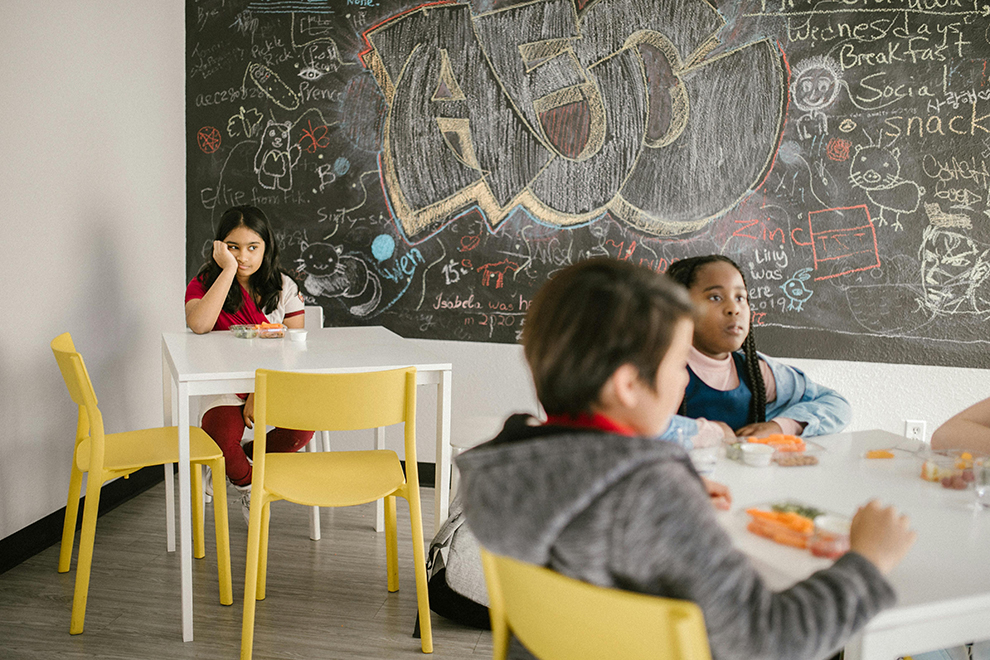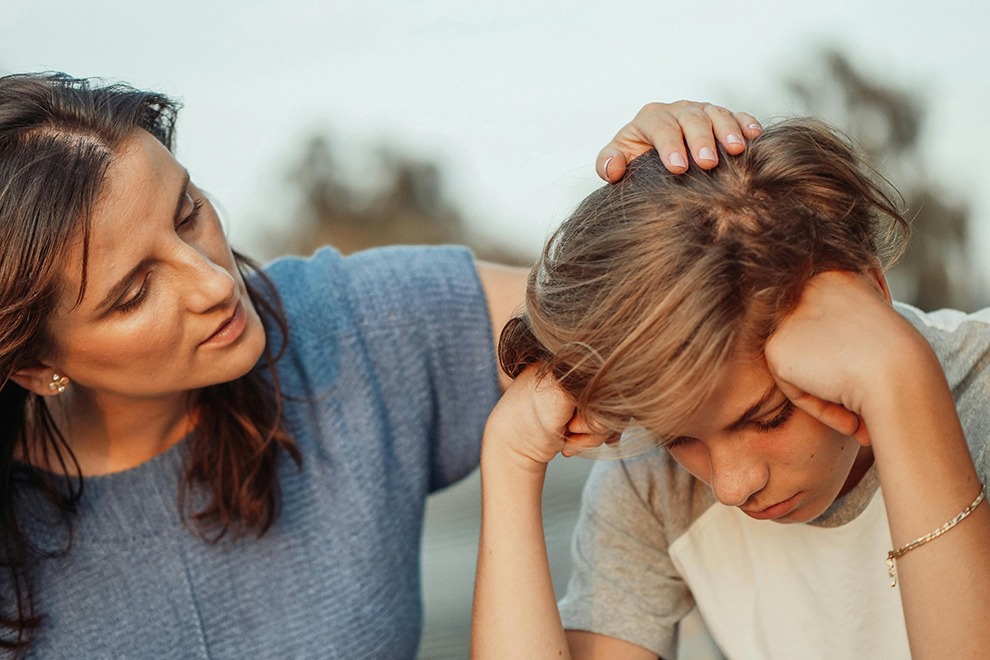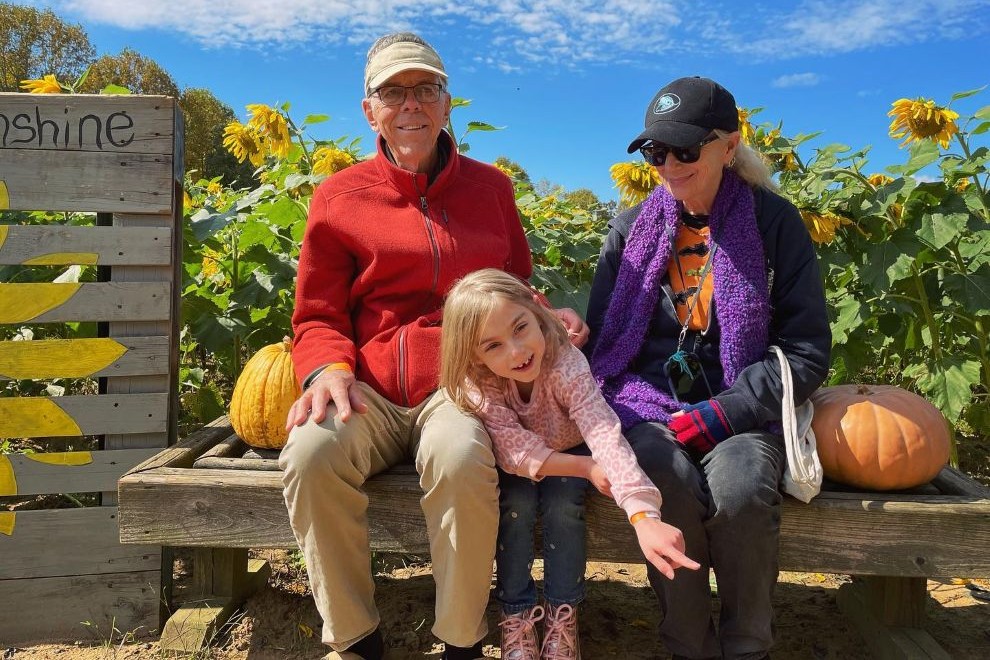Q. My 8-year-old daughter seems to be having a hard time making friends. When I ask about her class, she says she doesn’t really have any friends in it this year. What should I do? Should I step in or let her figure this out on her own?
A. It’s so good for us as parents to reach out and chat with someone when we have questions like this one. It can be painful to see our child being left out or yearning for new friendships that just aren’t clicking. It can even trigger a kind of panic in some of us that leads us down the road of over-coaching our child on “how to be” or maybe even suggesting “you don’t want to be friends with them anyway!” To make sure our response comes from a calm, wise mind, let’s start by acknowledging that nothing is wrong with your child – friendship is hard for many of us, and it’s absolutely normal to experience challenges in this area. It’s important we take space to ground ourselves in this way before supporting our child – our discomfort or anxiety about it could impact their desire to keep talking. At 8 years old, we want to create a foundation of open, honest communication that will carry us through the adolescent years.
Next, let’s talk about how to create a safe space for our child to explore what may be going on with making friends. We may create that space by saying something like, “I know that being a kid isn’t always easy, especially when it comes to making friends. I want you to know I (or another close adult) had a hard time with that, too!” The most powerful intervention we have in helping our child with any problem is simply offering our presence and connection. It can be tempting to minimize something uncomfortable by saying, “Oh honey, you are wonderful and soon everyone will see!” While this comes from a good place, it sends the message that these feelings are something your child should handle on their own. Instead, when we use our connection as the intervention, and say, “This stinks, not having a friend in class… well that’s really hard. I’m right here with you, and we will figure this out together.” Kids are resilient when their grown-ups offer support and connection around their problems.
There is a difference, though, between offering our support and swooping in and “solving” the problems. It can be hard as a parent to tolerate our child experiencing unhappiness or failing at something, yet this can be such a crucial opportunity for skill development and growth. While we may have many tips and tricks up our sleeves when it comes to making friends, it is helpful to first pause and support your child in reflecting on what’s going on. Sure, we may offer some input and opportunities to practice friendship skills, but we want to primarily communicate that we trust our child’s instincts about how to handle these moments with peers.
After we’ve created the safe space and communicated trust in our child’s instincts and validated their feelings about the problem, here are a few other steps to try:
1. Be curious about what your child is doing already to connect with peers. “Tell me more about recess. Pretend I am a fly buzzing around your head – what would I see? What would I hear?”
2. Explore with them what is already going well and support them in learning to build on these strengths. “It’s so great how you invited Sally to swing with you. I wonder what you might try tomorrow…”
3. Use play and storytelling to practice new skills in a non-threatening way. You can use puppets, dolls, or crayons to suggest and practice skills for building connection with peers. Start a story about friendship among the dolls and invite your child into the play by asking what she thinks the doll should try in the scenario and then continue the story by showing the doll trying out new strategies. Play creates a comfortable environment to build social skills and is the natural language of children. Even with an older child, play and stories can be an effective way to illustrate and work through sticking points.
4. Take the pulse on your own social relationships. Are you connecting with others? How are you doing with reaching out and making connections with parents in your school or community groups? Our own modeling of relational skills and building our own circles of support can help our children’s development of these skills and supports as well.
If you continue to feel concerned about how your child is doing in a peer environment, it can be beneficial to also get feedback from teachers or school counselors, as their observations can be so helpful in learning how to support your child, and they can act as additional aids for your child if these challenges persist.





